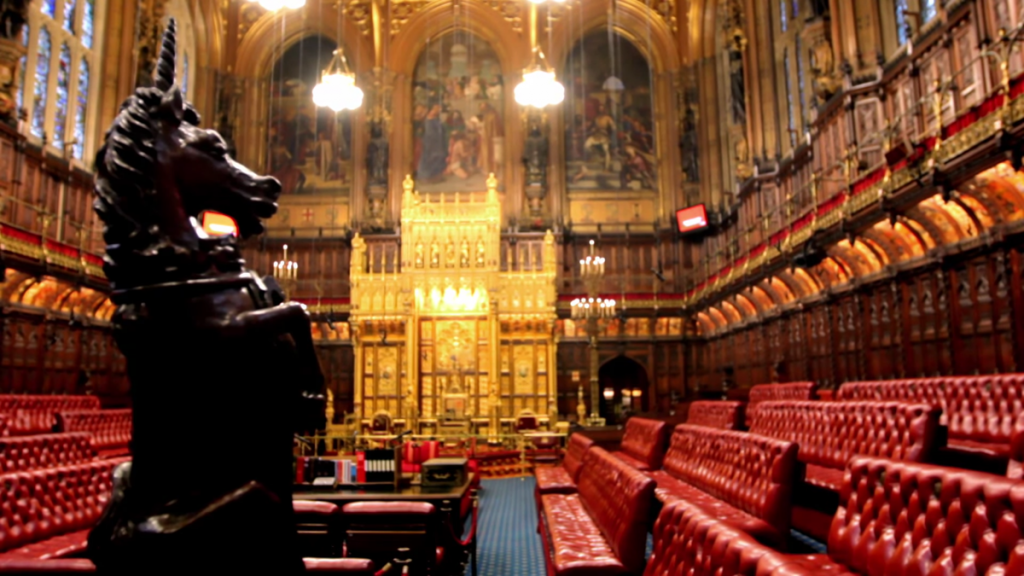The Assisted Suicide Bill in UK is in serious jeopardy after two days of debate in the House of Lords revealed overwhelming opposition and forced its Committee Stage to be delayed.
Following the Second Reading, Peers voted to establish a dedicated select committee to examine the Bill in greater detail, postponing its formal Committee Stage until the committee reports back. The move is widely seen as a victory for opponents of the legislation.
The development came after Baroness Berger’s amendment—initially branded a “wrecking amendment” and dismissed by Lord Falconer as “unworkable”—was ultimately backed by Falconer himself in a major concession. Political observers say this U-turn reflected a clear lack of numbers among Bill supporters.
Politico Playbook described the outcome as a “significant win” for opponents, noting that Falconer’s retreat exposed the weakness of his position.
Two-Thirds of Peers Speak Against
Analysis by Right To Life UK found that across both days of debate, of 155 Peers who declared a stance, 104 (67%) opposed the Bill and only 51 (33%) supported it, with five not taking a position.
On the second day alone, 69 Peers spoke, with 45 (65%) opposing and 24 (35%) supporting. This contrasts sharply with the Commons, where more MPs spoke in favour than against. The Lords’ strong opposition increases the likelihood that the Bill will never pass into law.
Embarrassment for Lord Falconer
Lord Falconer faced an uncomfortable moment when he was forced to apologise for failing to disclose that pressure group Dignity in Dying had funded literature he circulated to Peers—echoing a similar apology made by Kim Leadbeater during Commons debate.
Lord Alton of Liverpool, a leading opponent of assisted suicide, was unable to attend after sustaining spinal injuries in a London bus crash. Instead, he released a recorded video of the speech he intended to give.
Lords Entitled to Block the Bill
Since the Bill is not a Government proposal or part of a manifesto commitment, constitutional experts stress the Lords are entitled to reject it outright. Former No.10 adviser Nikki da Costa and Professor Mark Elliott both confirmed that the Lords can lawfully block Private Members’ Bills.
Sky’s Deputy Political Editor Sam Coates reported that even senior Government figures privately admit the Bill’s chances of passing are “worse than 50/50.”
Catherine Robinson, spokesperson for Right To Life UK, said:
“The establishment of a dedicated select committee to further scrutinise the Bill’s proposals is a big win for opponents of the assisted suicide Bill. It’s clear that Falconer and his supporters knew they did not have the numbers to vote down the amendment, and so conceded”.
She added that with hospices facing cuts, the NHS described as “broken,” and tens of thousands dying without palliative care, assisted suicide represents a “disaster waiting to happen.”
“Vulnerable people in our society need our unwavering protection and the best quality care, not a pathway to assisted suicide.” Robinson concluded.
